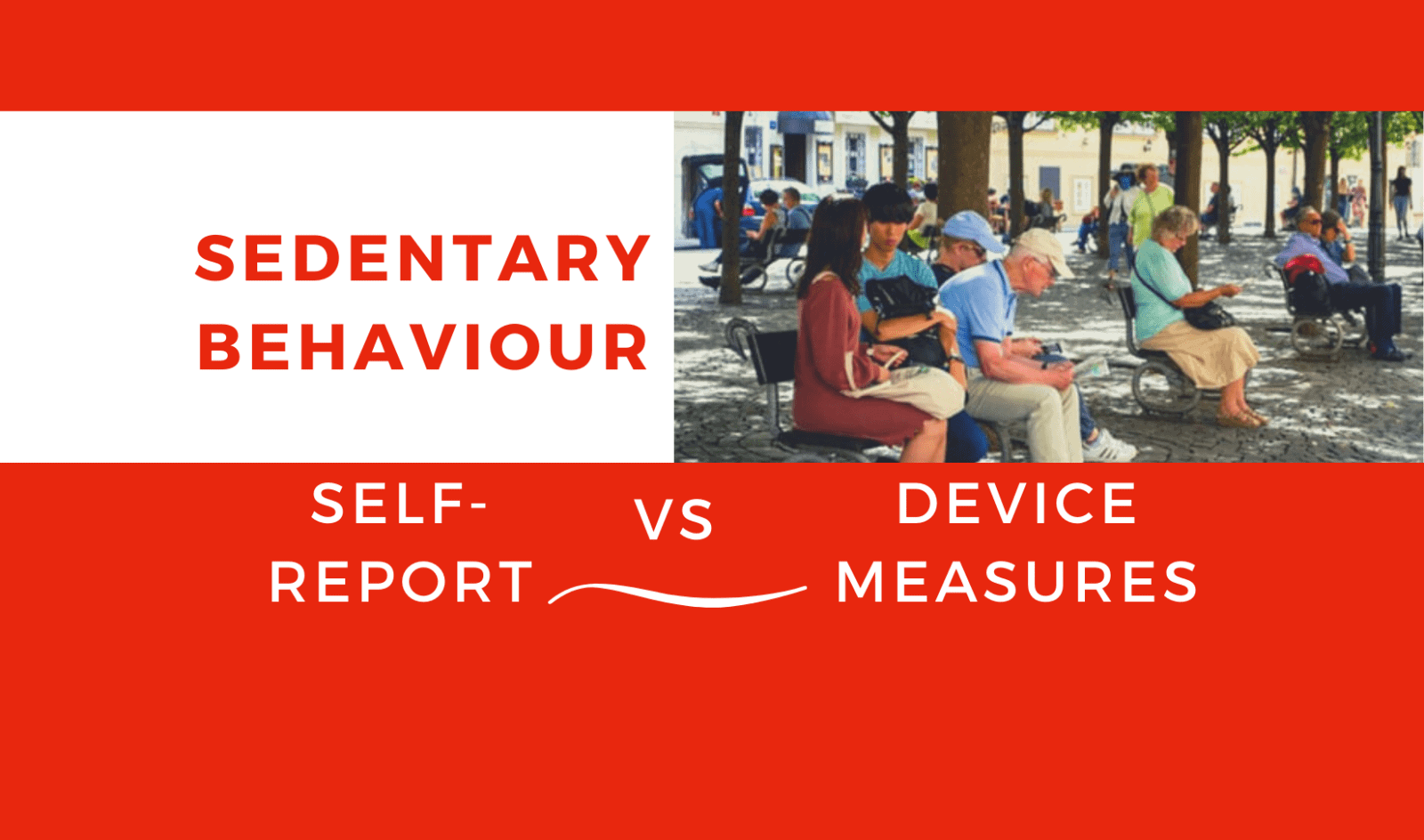
A comparison of self-reported and device measured sedentary behaviour in adults: a systematic review and meta-analysis
March 6, 2020
Electronic screen technology use and connection to nature in Canadian adolescents
March 18, 2020Today’s post comes from Sophie Bozhi Chen and Dr. Falk Müller-Riemenschneider of the Saw Swee Hock of Public Health, National University of Singapore. More on Sophie can be found at the bottom of this post.
Screen viewing is increasingly prevalent but excessive screen time in childhood has been linked to a range of health problems, including increased risk of obesity and reduced cognitive development.
One way that screen viewing may influence health is by replacing time that would otherwise be spent doing something else, such as physical activity and sleep. Efforts to investigate this have had mixed results, with most studies focusing on school-aged children and adolescents.
According to the latest study published in The Lancet Child and Adolescent Health, children aged two to three who spend more than three hours a day viewing screens such as tablets and televisions (TVs) grow up to be less physically active at age 5.5 years, compared to children who used screens for an hour or less each day.
Associate Professor Falk Müller-Riemenschneider, said: “We sought to determine whether screen viewing habits at age two to three affected how children spent their time at age five. In particular we were interested in whether screen viewing affected sleep patterns and activity levels later in childhood.”
Parents were asked to report how much time the children spent on average either watching or playing video games on TV, using a computer, or using a handheld device, such as mobile phone or tablet. These screen habits were recorded when the children were aged two and again at age three. An average of the two recordings were used in the analysis. At age five, the children wore an activity tracker continuously for seven days to monitor their sleep, sedentary behaviour, light physical activity, and moderate-to-vigorous physical activity.
Children in the study spent an average of 2.5 hours a day watching screens at age two to three. Television was the most commonly used device and was associated with the longest viewing time. Only a small proportion of children in the study met WHO recommendations of one hour per day or less.
The findings revealed that children who had used screens for three or more hours a day at age two to three spent an average of 40 minutes more time sitting down each day at age five than did those who had used screens for less than an hour a day at the same ages. Such higher screen use in infancy was associated with around 30 minutes less light physical activity each day, and around 10 minutes less moderate to vigorous activity each day. Similar effects were observed regardless of screen type. Higher screen time in early childhood did not appear to affect sleeping habits at age five, however.
The authors note some limitations, including that parents may be biased in their reporting of their child’s screen use, and that the study did not control for all potential confounders. The authors advised caution when generalising from their results as the families involved in the study were not representative of the entire Singapore population.
However, they argue that the negative impact of early-life screen time on movement behaviours in later childhood highlights the importance of strategies to limit screen use during the early years.
Miss Bozhi Chen, of the Saw Swee Hock School of Public Health, National University of Singapore, said: “This analysis addresses an important research gap and strengthens existing evidence linking screen viewing time with later child health. Our findings support public health efforts to reduce screen viewing time in young children and suggest further research into the long term effects of screen viewing on movement behaviours is needed.”
In summary, this study suggests that adhering to the World Health Organization (WHO) guidelines to limit screen time to one hour per day or less among children in the early years may promote healthier behaviours in later life.

About the author: Sophie Bozhi Chen is a postdoctoral fellow at the National University of Singapore. Her research focuses on understanding and promoting healthy movement behaviours (i.e., sleep, sedentary behaviour, physical activity). Specifically, her research includes the assessment of predictors of movement behaviours, interactions between different behaviours, and their health impacts in children. In addition, she is leading the development of Singapore Report Cards on the Physical Activity of Children and Youth.




